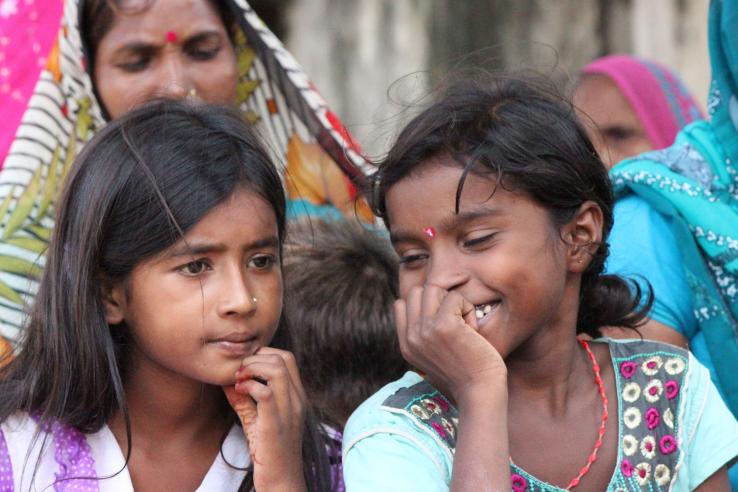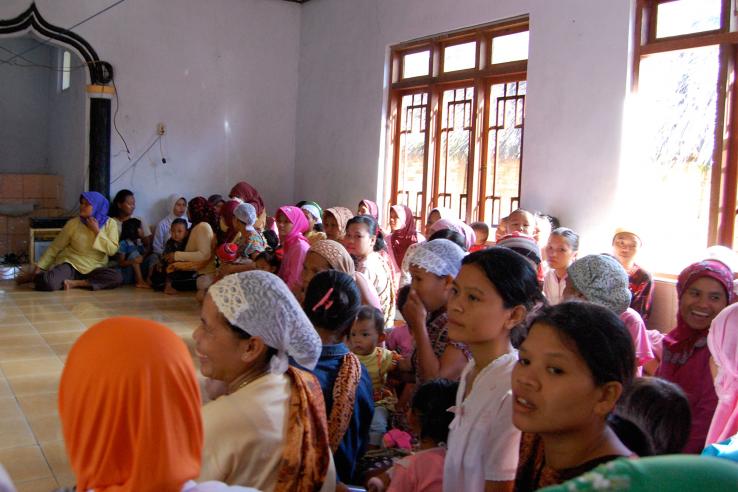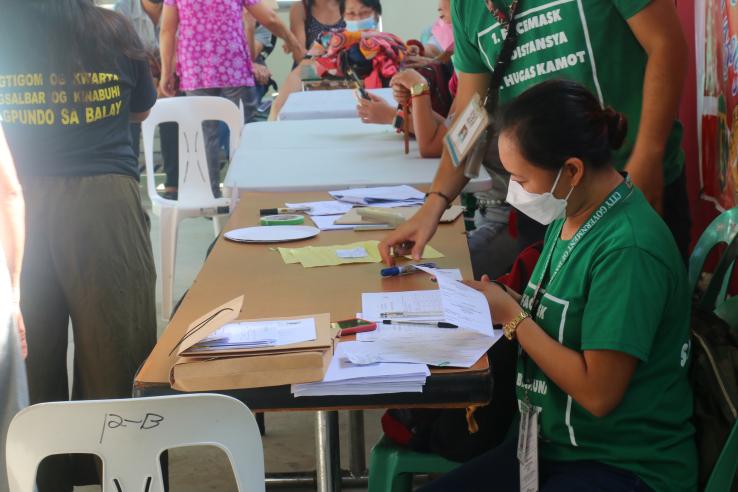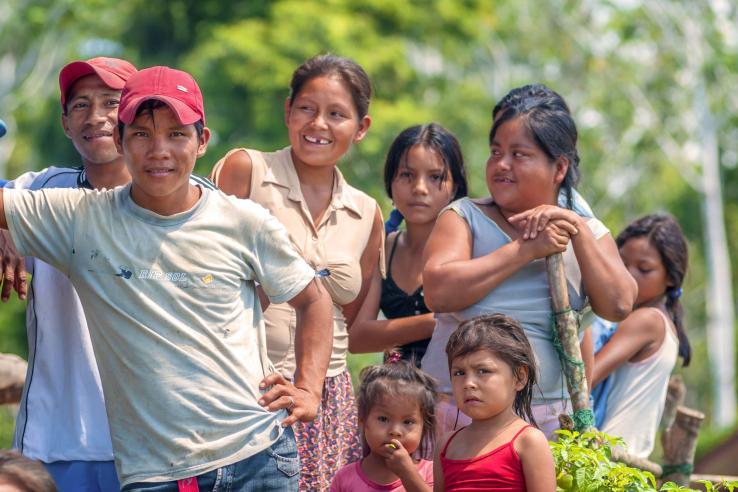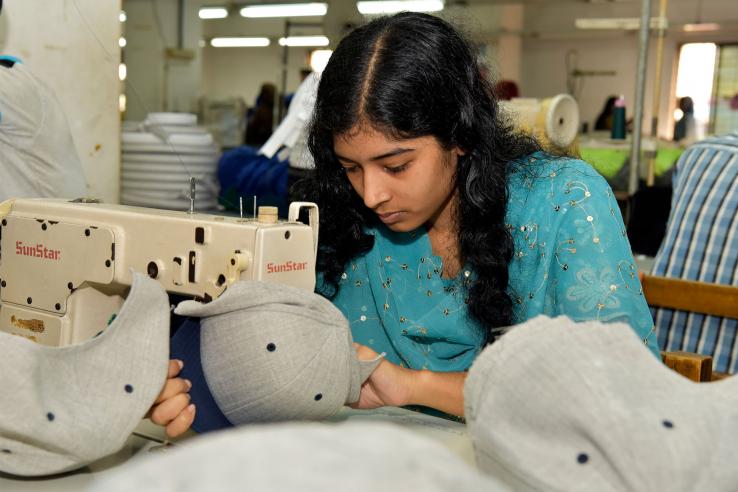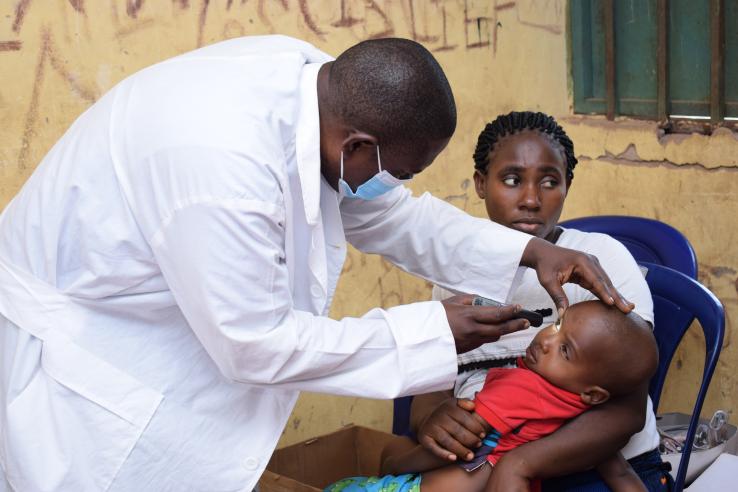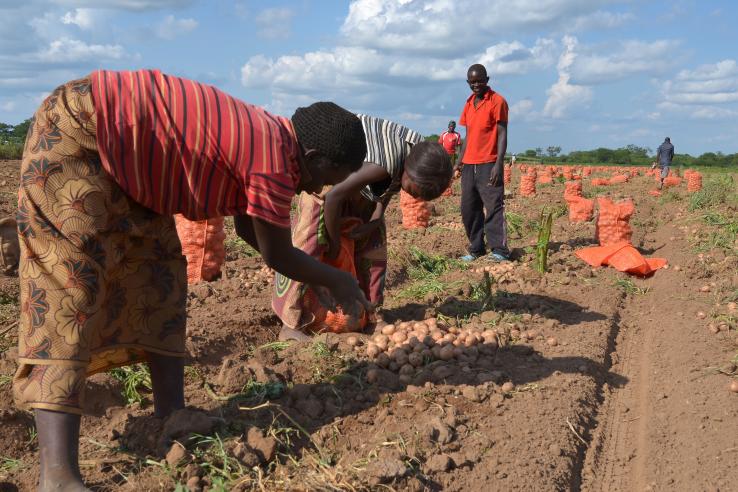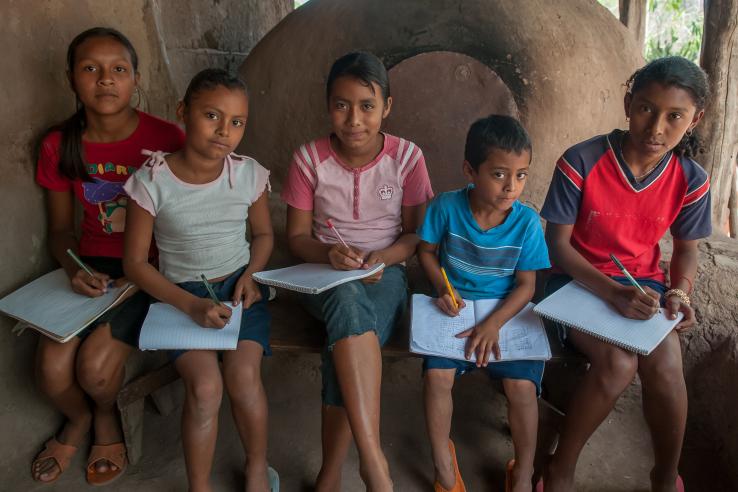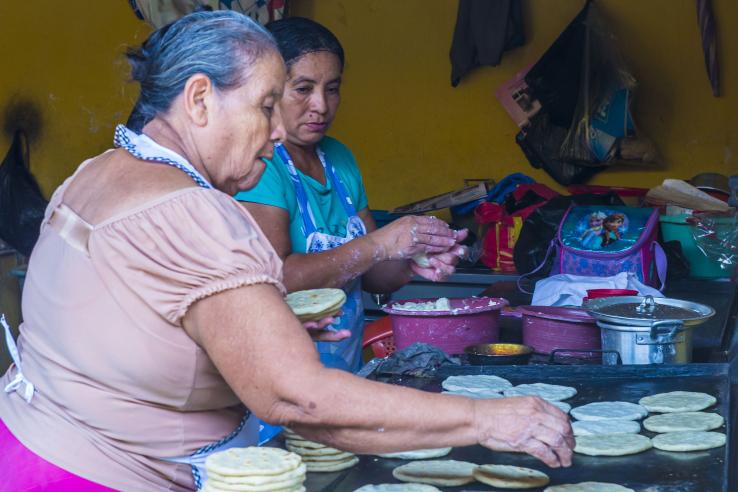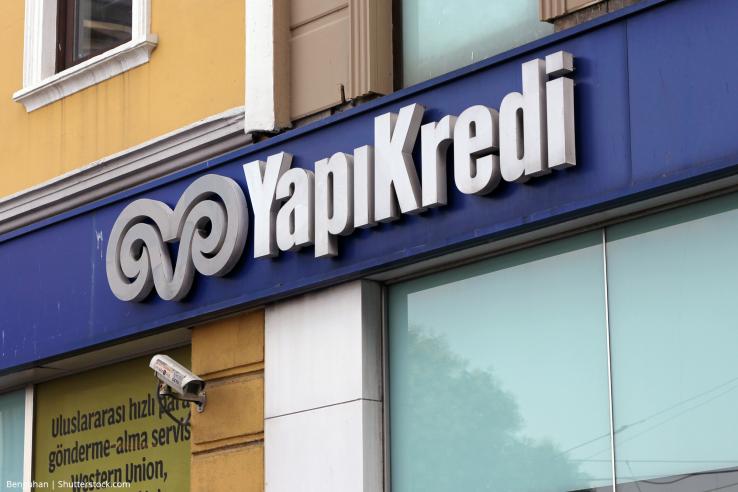Displaying 4531 - 4545 of 8489
Evaluation
In India, researchers evaluated the impact of interactive classroom discussions about gender roles and gender discrimination on adolescents’ gender attitudes, aspirations, and behaviors. The program impacted participants’ attitudes and made them more supportive of gender equality. These short-run effects were still present two years after the program had ended.
Evaluation
Researchers conducted a randomized evaluation to test the impact of providing information about the quality of migration agencies to potential migrants on migration choices and welfare. Information reduced the rate of migration in the short term, which lowered workers’ use of low-quality agencies, but did not change their intentions to migrate in the future or beliefs about the returns to migration. Those who did migrate received better pre-departure training and reported higher-quality job experiences abroad.
Evaluation
Community-based approaches to development, also called community-driven development (CDD), seek to empower local communities to identify and implement the projects they most need. Researchers evaluated the impact of a national community-driven development program in the Philippines on governance, social capital, and socio-economic welfare.
Evaluation
Researchers are partnering with the government to provide training to local leaders geared towards shifting attitudes regarding gender and gender-based violence and increasing skills to detect and prevent its incidence. They will evaluate the impact of this training on the incidence of gender-based violence and on women’s physical and mental health.
Evaluation
By comparing the impacts of soft skills training, a combination of soft and hard skills training, and no training, researchers seek to determine whether soft skills training alone is an effective and efficient way to increase the numbers of promotions offered to women and prepare women to be strong supervisors.
Evaluation
Researchers evaluated whether offering men in Saudi Arabia simple information on other men’s perceptions of female labor force participation impacts their willingness to let their wives join the labor force. Wives of men who received this information were significantly more likely to have applied and interviewed for a job outside of the home.
Evaluation
Researchers conducted a randomized evaluation of the Illinois Home Weatherization Assistance Program (IHWAP), which aims to improve energy efficiency in low-income households. The study tested the impact of performance-based pay for contractors implementing air sealing retrofits as part of IHWAP. Contractors were randomly assigned to receive either no bonus, a low bonus (US$0.40), or a high bonus (US$1.00) per unit of air sealing beyond the target. The introduction of performance bonuses led to increased air-tightness in homes, reduced the likelihood of contractors being called back due to deficiencies, and resulted in overall reductions in household energy use.
Evaluation
Working with the Ministry of Health and Sanitation in Sierra Leone, researchers evaluated the impact of incentivizing community health workers (CHWs), their supervisors, or both on health care provision. Sharing the incentive between CHWs and their supervisors resulted in more health care visits than providing the incentive just to one group or the other; only the shared incentive improved overall health care provision and outcomes.
Evaluation
Researchers compared the effects of face-to-face and virtual peer interaction on the submission and quality of business proposals by individuals from 49 African countries enrolled in an online entrepreneurship course. They found that face-to-face networks and the virtual interaction of groups of entrepreneurs of the same nationality increased the submission of business proposals to a funding competition, but that virtual interaction had no effect when groups were formed with entrepreneurs of different nationalities. Virtual interaction among entrepreneurs of the same nationality was also found to increase the quality of submitted business proposals.
Evaluation
The researcher evaluated an opposition party’s door-to-door information campaign regarding increases in executive power or executive performance to determine the impact of widespread, non-state-authorized information on voter partisanship. In neighborhoods with majority opposition supporters, opposition increased; in neighborhoods with majority incumbent supporters, incumbent support increased.
Evaluation
Researchers evaluated the effect of social pressure to share income on farmers’ spending decisions by varying whether income from large cash prizes was received in a public or private setting. Receiving prize money in a public setting induced individuals to spend one-third more of their money in the first week than they would have had they received the money in private.
Evaluation
Researchers studied the impact of an innovative taxpayer recognition program that appealed to business owners’ desires for social recognition on firms’ value-added tax (VAT) compliance and payment rates in Dhaka, Bangladesh. Preliminary results suggested that in areas where some firms were already paying taxes, sharing information on compliance in the area increased compliance and payments from neighboring firms that had not been making tax payments.
Evaluation
Researchers worked with the Government of Nicaragua to evaluate the long-term impact of time-limited CCTs on education, reproductive health, and labor market outcomes. Ten years later, people whose families were offered cash transfers when they were younger children had higher labor force participation and earnings on average than people whose families were offered cash transfers when they were older children.
Evaluation
Researchers evaluated two programs to explore factors that may influence the amount of remittances people send: a temporary discount on the transaction fee and the provision of information about the returns to education in their home country. While the information about education did not change remittance amounts, the fee discount led to a substantial increase in the number of remittance transactions and the total amount remitted.
Evaluation
Researchers evaluated the impact of informational reminders and price discounts on bank clients’ overdraft usage in Turkey. While messages on the availability of overdraft protection services increased usage, messages promoting an overdraft discount actually reduced overdraft usage, potentially because the discount message reminded individuals of the costs associated with an overdraft.
